SM4 Safety Articles & Resources

SMS and ERP: Moving Toward Full Integration
Regulatory approaches to aviation safety are after-the-fact reactions to major incidents and accidents or historical data studies. Where working safety professionals value proactivity and prevention, governmental agencies often take an…

Ready for Takeoff: The Importance of In-Flight Allergic Reaction Preparedness
As business aviation operators, we are constantly focused on the safety and well-being of passengers and crew. But what happens when an in-flight allergic reaction strikes? Are you prepared for the unexpected?
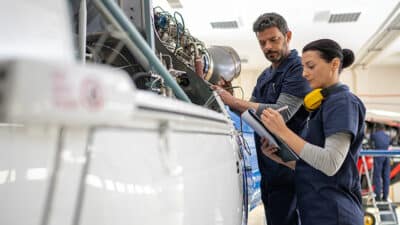
Quality of Life and Its Implications for Safety, Attraction & Retention
We are often asked, “What are the greatest factors in an aviation operation that influence attraction, retention and operational safety?” Without a doubt, the most frequent response we get when talking one-on-one with hundreds of aviation professionals is quality of life. Then, company leadership commonly asks us, “What has the greatest impact on quality of life for those in an aviation organization?”
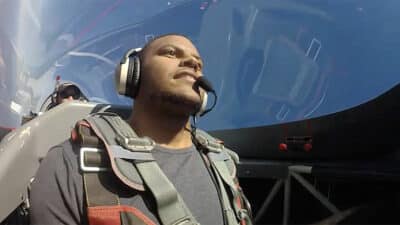
Take the Stairs!
It is only human nature to seek the easy button and attempt to expedite the path to understanding and mastering skills. Unfortunately, this streamlined approach is inconsistent and far less effective than its more methodical, and occasionally longer, counterpart.
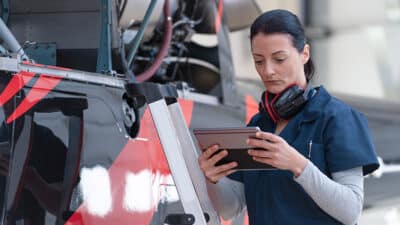
Getting to Zero One Report at a Time
In the world of safety management, the goal is zero accidents and incidents. While zero may seem an elusive and unreachable goal, improvements in processes and attitudes can prevent accidents and generate a positive culture of safety within an organization if everyone participates.

A Time for Reflection and a Call to Action
As we prepare to flip the calendar from 2022 to 2023, will we do so with something other than a few new gifts and a list of New Year’s resolutions? How can we best use this moment to make a lasting and positive change in our personal lives and organizations?

What If I Can’t Sleep 8 Hours?
Sleep is precious. Ample scientific evidence exists that getting enough sleep sharpens the brain, improves mood, helps with weight management and boosts athletic performance. In fact, the American Heart Association recently added sleep to its cardiovascular health checklist. But what if you’re an aviation professional who struggles to get eight consecutive hours? Your total daily sleep may be enough.
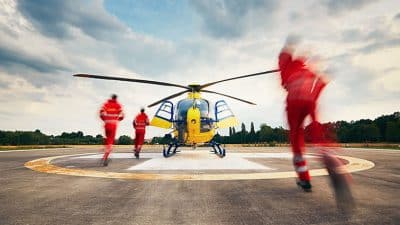
To Declare or Not To Declare
Due to a greater prevalence of “critical events” compared to higher-status “emergency response plan-activating events,” we propose that critical events pose a powerful opportunity for practicing and refining emergency response procedures. We also feel organizations should “over-respond” to critical events out of an abundance of caution.
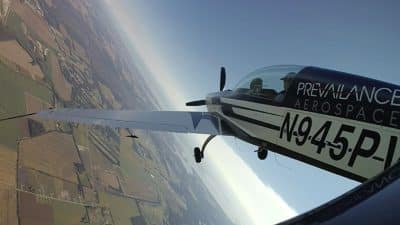
Get Yourself to Yes
I am not a picky eater, but I was 40 years old before I ever ate a Brussels sprout. My grandfather didn’t eat them, my father didn’t eat them, and I’ll be gosh darned if I was ever going to have one cross the plane of my mouth. (Stick with me—there’s a connection to aviation training and safety here!)
